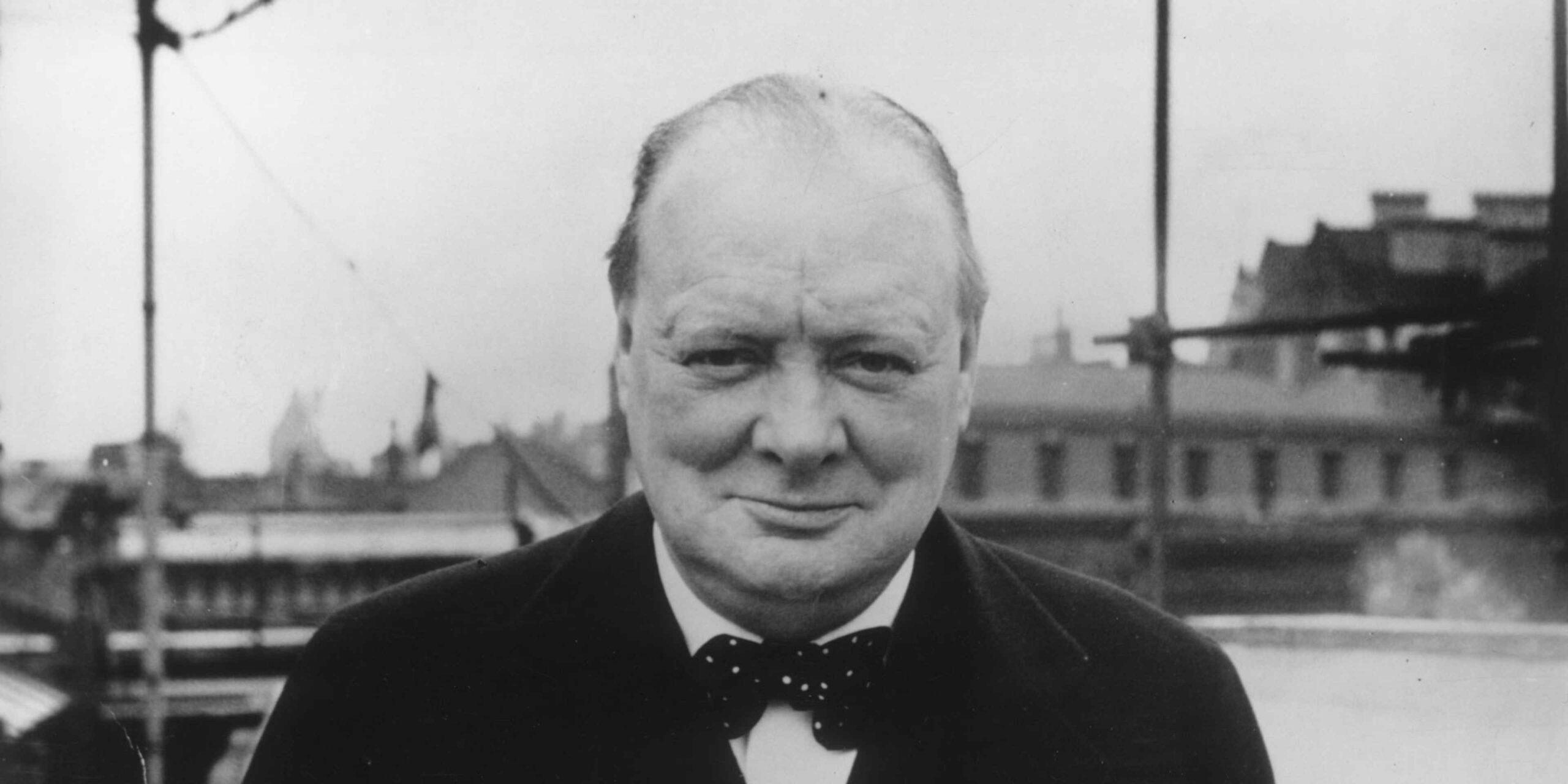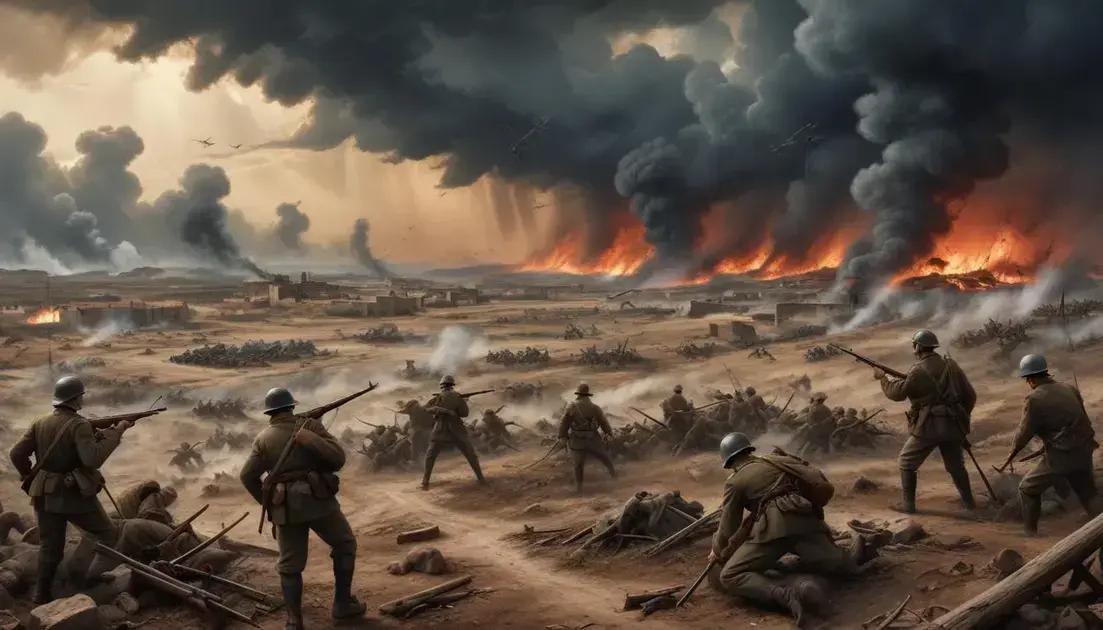
The Fascinating Life of Winston Churchill and His Role in WWII
Winston Leonard Spencer Churchill, born on November 30, 1874, at Blenheim Palace, Oxfordshire, remains one of history’s most compelling and controversial figures. His life, a tapestry woven with threads of extraordinary success and profound failure, continues to fascinate and inspire debate. This exploration delves deep into the multifaceted life of this iconic statesman, military strategist, and writer, examining his early years, his tumultuous political career, his pivotal role in World War II, and the lasting impact of his legacy on the world.
I. A Turbulent Youth and the Forging of a Statesman:
Churchill’s early life was far from idyllic. While born into the aristocratic lineage of the Dukes of Marlborough, his childhood was marked by academic struggles and a reputation for rebellious behavior. He faced disciplinary actions at Harrow School, a prestigious institution where his academic performance often lagged behind his inherent intellectual capabilities. However, amidst these challenges, a profound love for literature and history began to bloom. He devoured books, particularly those chronicling military campaigns and historical events, nurturing a fascination that would profoundly shape his future endeavors. This early engagement with the written word laid the foundation for his later success as a prolific author and gifted orator.
His formal education continued at the Royal Military College, Sandhurst, where he graduated in 1895. This marked the beginning of his military career, a period that provided invaluable real-world experience and further fueled his burgeoning interest in international affairs. His service in the British Army, encompassing deployments to India, Sudan, and South Africa, offered him firsthand exposure to the complexities of colonial governance, military strategy, and the human cost of conflict. These experiences, often fraught with danger and uncertainty, instilled in him a profound understanding of geopolitics and the realities of warfare, shaping his perspective as a future leader.
The Boer War (1899-1902) served as a pivotal turning point. His courageous actions, notably his daring escape from a prisoner-of-war camp, catapulted him into the public consciousness, transforming him from a relatively unknown military officer into a celebrated war hero. This heightened public profile laid the groundwork for his foray into the political arena. His first book, “The Story of the Malakand Field Force” (1898), demonstrated his nascent literary talents and provided a glimpse into the strategic mind that would later guide the Allied forces during World War II. It was a clear indication of his ambition and his remarkable ability to translate experience into compelling narratives.
II. Navigating the Labyrinth of British Politics:
Churchill’s entry into the political world in 1900, at the tender age of 25, marked the commencement of a long and often tempestuous career. His early years were spent as a Conservative Member of Parliament (MP) for Oldham, but his political allegiances proved fluid, reflecting his pragmatic approach to governance. He later switched to the Liberal Party, a move that underscored his commitment to progressive reforms.
His ascent through the ranks of government was remarkably swift, reflecting his exceptional oratory skills, his strategic acumen, and his unwavering determination. He held several key ministerial positions, including President of the Board of Trade (1908-1910) and, most significantly, First Lord of the Admiralty (1911-1915). His tenure at the Admiralty was crucial in preparing the Royal Navy for the impending conflict of World War I. However, his involvement in the ill-fated Gallipoli Campaign (1915), a disastrous amphibious assault on the Ottoman Empire, resulted in significant criticism and his subsequent resignation from the government. This setback, though a significant blow to his reputation, did not deter him. He persevered, demonstrating a remarkable resilience that would become a hallmark of his character.
The interwar years were marked by a period of relative political obscurity. He served in various government positions, but his influence waned as the political landscape shifted. This period, however, allowed him to hone his literary skills, producing several acclaimed historical works and biographies, further cementing his reputation as a gifted writer. His writings during this period also revealed a profound understanding of the rising threat posed by Nazi Germany, providing stark warnings that were often ignored by the appeasement-minded government of the time.
III. The Lion Roars: Churchill’s Leadership During World War II:
The outbreak of World War II in 1939 brought Churchill back to the forefront of British politics. Initially appointed as First Lord of the Admiralty, mirroring his role in the First World War, he quickly rose to become Prime Minister in May 1940, following the resignation of Neville Chamberlain. His ascension to the highest office of the land came at a critical juncture, as Britain stood alone against the seemingly unstoppable Nazi war machine.
Churchill’s wartime leadership was defined by his unwavering resolve, his powerful oratory skills, and his unwavering belief in the Allied cause. His speeches, infused with a potent blend of defiance, optimism, and unwavering determination, rallied the British public during its darkest hours. The iconic “We shall fight on the beaches” speech, delivered on June 4, 1940, exemplifies his ability to articulate the national spirit and inspire unwavering resistance. These broadcasts were not merely political pronouncements; they were powerful emotional appeals that fortified the morale of a nation facing imminent defeat.
His leadership extended beyond inspiring speeches. Churchill worked tirelessly, often sleeping only a few hours a night, to coordinate the war effort, forging crucial alliances with the United States and the Soviet Union. His relationship with President Franklin D. Roosevelt was instrumental in securing American support for the Allied cause, forming a pivotal partnership that ultimately proved decisive in the war’s outcome. He understood the strategic importance of collaboration and actively cultivated close working relationships with key Allied leaders. This collaborative approach proved vital in establishing the complex and often challenging military strategies required to defeat the Axis powers.
Churchill’s strategic insights were crucial to the Allied war effort. He was instrumental in shaping the Allied strategy, particularly in the crucial early years of the war. His focus on naval power, coupled with his strategic vision, proved crucial in protecting vital supply lines and containing the German advance. His determination to maintain Britain’s military resistance, despite facing immense pressure and staggering losses, was essential to keeping the Allied forces in the fight, demonstrating a leadership style that instilled confidence in both his own nation and its allies. His ability to understand the long-term implications of strategic decisions and remain steadfast in his goals, despite significant short-term challenges, was crucial to the ultimate victory.
IV. The Post-War Years and an Enduring Legacy:
The end of World War II did not mark the end of Churchill’s political career. He led the Conservative Party to victory in the 1951 general election, serving a second term as Prime Minister until 1955. However, the post-war period witnessed a decline in his political influence as the priorities of the nation shifted. The rise of the Labour Party under Clement Attlee reflected a change in the political landscape, highlighting the transformative nature of the post-war era.
Despite his declining political influence, Churchill remained a powerful voice, actively contributing to international affairs and maintaining his reputation as a gifted statesman and writer. He continued to write prolifically, publishing numerous works on history, politics, and military strategy. His historical accounts offer invaluable insights into the events of his time, reflecting his deep understanding of the political and military currents shaping global power dynamics. These writings were more than simple historical accounts; they were critical examinations of political ideologies and military strategies, often demonstrating keen foresight and understanding of complex international relations.
Churchill’s legacy is complex and multifaceted. While celebrated as a wartime leader who saved Britain from Nazi occupation, his views on race and empire are frequently criticized. His strong support for the British Empire, in particular, is a source of considerable controversy. Understanding his legacy requires acknowledging both his extraordinary contributions and his problematic perspectives, offering a balanced assessment of his impact on the world.
His contributions to the Allied victory in World War II are undeniable. His leadership, both military and political, played a pivotal role in shaping the course of the war, providing a potent symbol of resistance and hope. His oratory skills, his strategic vision, and his unwavering resolve inspired millions and helped to forge the critical alliances that secured victory over the Axis powers. His unwavering determination to fight, even when facing overwhelming odds, has earned him a legendary status. His speeches continue to resonate today, demonstrating the power of language to unite a nation and galvanize it into action.
In conclusion, Winston Churchill’s life was a remarkable tapestry of triumph and adversity, shaped by experiences ranging from battlefield escapades to the highest echelons of political power. His impact on the 20th century and beyond remains deeply profound. His legacy as a wartime leader, a gifted orator, and a prolific writer continues to inspire both admiration and controversy. To fully comprehend the enduring significance of Winston Churchill requires a comprehensive understanding of the entirety of his life, embracing both his remarkable accomplishments and his significant flaws. His complex legacy continues to be a source of debate and serves as a powerful reminder of the enduring complexities of leadership and the lasting impact of historical figures on the world.


